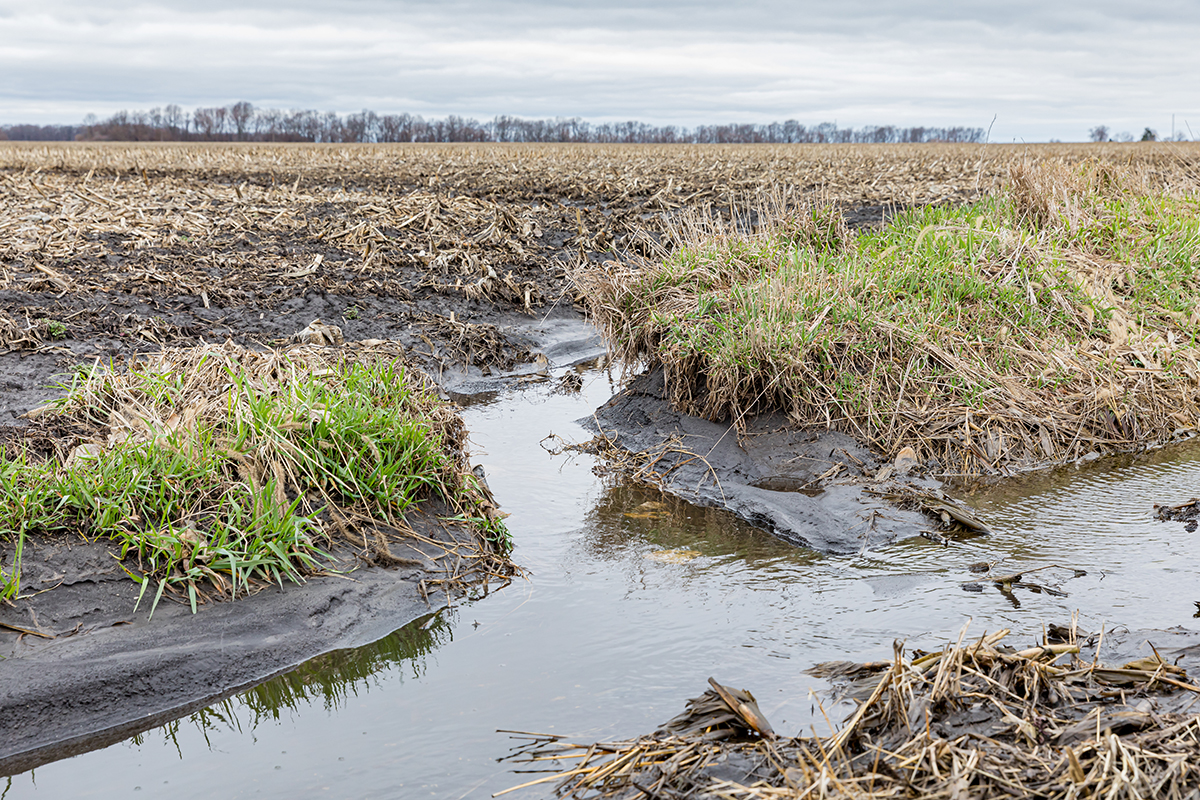$660,000 Water Code Violation Affirmed on Appeal

What is “surface water” and how can diverting it create liability under Texas law? In Good River Farms, L.P. v. TXI Materials, L.P., the United States Court of Appeals for the Fifth Circuit, interpreting Texas law, recently answered these questions.
In October 2017, Good River Farms, L.P. (Good River) filed suit against TXI Operations, L.P. and Martin Marietta Materials, Incorporated (Martin Marietta) asserting claims for nuisance, negligence, and violations of the Texas Water Code. The dispute between Good River and Martin Marietta stemmed from a “120-year flood” that occurred near Austin, Texas on October 30, 2015. Good River, the owner of a pecan farm located along the Colorado River, alleged that Martin Marietta’s mining operation located directly across the Colorado River resulted in a large freshwater pit that breached during the flood and caused severe damage to Good River’s property. Good River alleged Martin Marietta violated the Texas Water Code by diverting the natural flow of surface water from its freshwater pit in a manner that resulted in water from the pit flowing perpendicular to the Colorado River and onto Good River’s property, causing severe damage.
The case was tried to a jury in August 2022. The jury found that Martin Marietta “diverted or impounded the natural flow of surface waters in a manner that proximately caused damage to [ Good River’s] property” and that Martin Marietta’s negligence proximately caused damage to Good River’s property. Good River was awarded $659,882 in damages.
Martin Marietta appealed, claiming it could not be held liable for violating the Texas Water Code, because the Texas Water Code applies only to damage caused by surface water that has been diverted or impounded, and there was insufficient evidence that “surface water” from its property crossed the Colorado River and flooded Good River’s property. According to Martin Marietta, the water from its freshwater pit was no longer considered surface water and became floodwater once it reached the Colorado River.
The Texas Water Code does not define “surface water” but Texas Courts have determined it means water “which is defused over the ground from falling rains or melting snows, and continues to be such until reaches some bed or channel in which water is accustomed to flow.” Further, “[s]urface waters do not follow a defined course or channel and do not gather into or form a natural body of water. Courts have held that floodwaters, on the other hand, “are those which, generally speaking, have overflowed a river, stream or natural water course and have formed a continuous body with the water flowing the ordinary channel.”
In upholding the jury’s verdict, the Fifth Circuit noted that the Water Code does not require the water that ultimately causes damage to another’s property to be “purely surface water.” While the Court recognized that Martin Marietta raised “a strong argument rooted in Texas Appellate court cases,” the distinguishing factor was testimony that the water that caused damage to Good River’s property ran south to north, instead of west to east like the river, and did not follow a defined course or channel. Therefore, the water remained surface water as it damaged Good River’s property. As a result, the jury’s award of over $659,000 in damages against Martin Marietta was upheld.
The attorneys in our Austin and Dallas office have significant experience litigating Water Code and trespass claims pertaining to retention and diversion of surface waters, and are available to answer any questions you may have. Please contact us at info@gstexlaw.com.
Legal Disclaimers
This blog is made available by Gerstle Snelson, LLP for educational purposes and to provide general information about the law, only. Neither this document nor the information contained in it is intended to constitute legal advice on any specific matter or of a general nature. Use of the blog does not create an attorney-client relationship with Gerstle Snelson, LLP where one does not already exist with the firm. This blog should not be used as a substitute for competent legal advice from a licensed attorney.
©Gerstle Snelson, LLP 2024. All rights reserved. Any unauthorized reprint or use of this material is prohibited. No part of this blog may be reproduced or transmitted in any form or by any means, electronic or mechanical, including photocopying, recording, or by any information storage or retrieval system without the express written permission of Gerstle Snelson, LLP.

